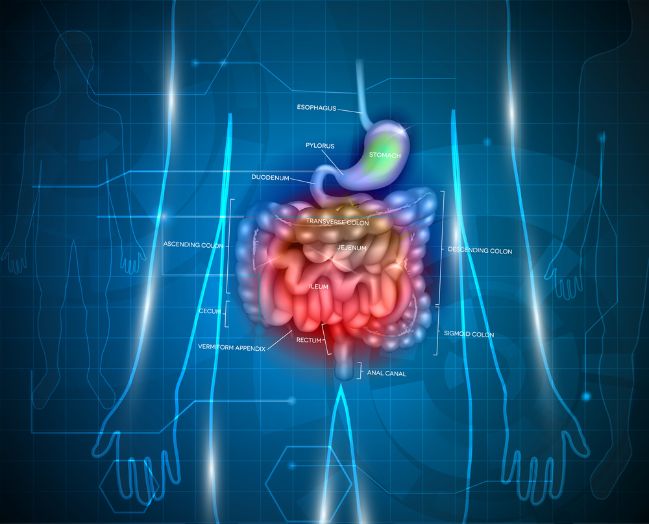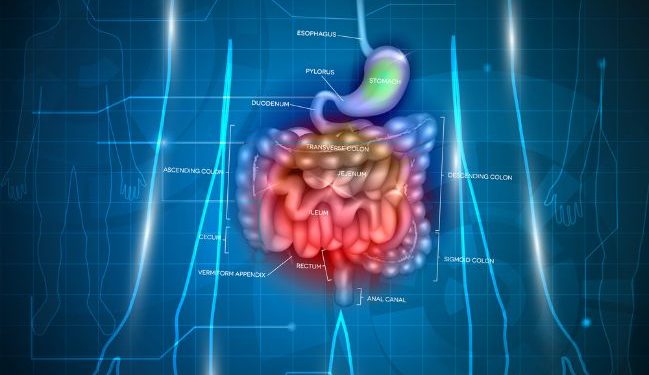Cancer is a disease that starts when cells in your body develop changes (mutations) in their DNA. These mutations allow the cells to multiply out of control and become cancerous. They can also spread to other parts of your body, called metastasis.
Your risk of small bowel cancer depends on many factors. For example, your family’s history of cancer may increase your risk. If you’ve had a type of bowel disease, such as Crohn’s disease or celiac disease, your risk of cancer may be higher. You can also have a weakened immune system, which increases your risk of cancer. If you take certain drugs that weaken the immune system, such as steroids or anti-rejection medicine after a transplant, your risk of cancer may be increased.
There are three main types of small intestine tumors: neuroendocrine (carcinoid) tumors, lymphomas and sarcomas. Carcinoid tumors are the most common form of small intestine cancer. They tend to be slow-growing and often affect the ileum or the lower part of the small intestine. They give off large amounts of certain body chemicals, like serotonin.
Other small intestine tumors, such as gastrointestinal stromal tumors (GISTs), are rare. They can grow in the stomach and sometimes in the first part of your small intestine. They usually aren’t cancerous but they can cause pain, swelling and bleeding. They are very hard to treat.
Some types of small bowel tumors can be difficult to diagnose. Your doctor might need to do several tests. They might order blood and liver chemistry tests, a complete blood count, a fecal occult blood test and a biopsy of the small intestine.

The tests help your doctor find out what kind of small intestine tumor you have and where it is located in your body. They may also help them decide how to treat it.
Treatment options for small bowel cancer depend on the type of cancer and how well it is responding to therapy. The most common treatments are surgery and chemotherapy. Other types of treatment include radiation therapy and medication that blocks cancer cells from making hormones and chemicals.
When your doctor decides that surgery is the best treatment, they will remove any tumors in your small intestine and any nearby lymph nodes. They may also create a “bypass” so that food can pass around any tumors in your intestine that cannot be removed surgically.
Your doctor will then check the size of any remaining tumors to make sure they are not spreading. They will also use X-rays, CT scans and MRI scans to look for signs of other areas of the small intestine where cancer has spread.
If your doctor finds cancer in your small intestine, they may recommend surgery or chemotherapy. Your doctor will tell you about the side effects of each treatment and which ones might be best for you.
They may suggest complementary therapies, which are designed to be used in combination with conventional medical treatment. They can increase your sense of control, decrease stress and anxiety, and improve your mood.









